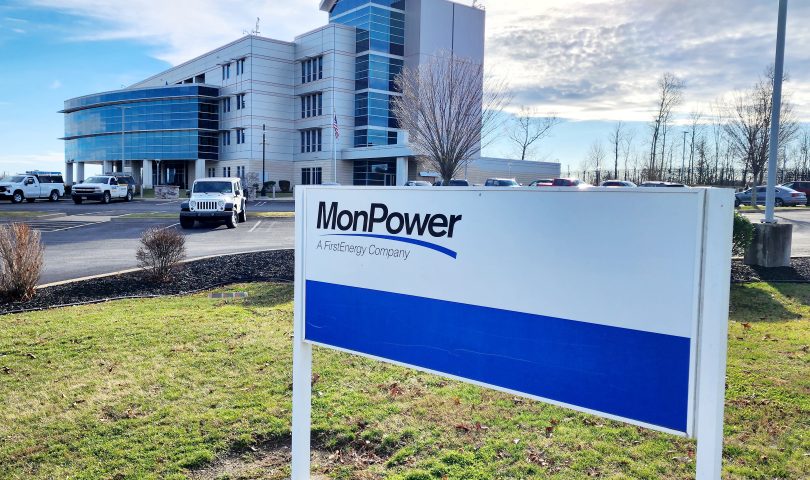MORGANTOWN – Mon Power’s and Potomac Edison’s proposal to change the way it credits home solar power customers who contract for net metering has generated opposition and some confusion.
The opposition comes in the form of 500 online letters of protest filed with the state Public Service Commission.
The confusion is because the proposal is included in two separate rate cases. But a coalition of consumer and energy groups put forth a proposal to the PSC on Friday to try to solve that.
Net-metering customers generate all or a portion of their own power, typically through solar, and receive credits on their bill for any power they generate in excess of what they use.
Currently, the companies provide a full 1-to-1 credit, meaning energy given to the utility is worth the same as energy bought from the utility. The current residential base rate is about 11.4 cents per kilowatt hour (kWh) and could go up to about 13 cents, people familiar with the cases explained, as the companies’ several rate cases reach their respective conclusions.
The companies propose changing that to base credits on the wholesale rate for electricity, which the filings calculate at 6.6 cents per kWh – roughly half of the 13 cents per kWh.
Net-metering customers wouldn’t lose money under this proposal, since they receive credits only for excess generation. But they would recoup their investment in solar equipment more slowly.
The companies have said the change is appropriate “so that other customers are not subsidizing net metering customers and so that net metering customers actually pay for the distribution, transmission, and capacity facilities that they use and costs that are incurred for them.”
The vast majority of the protest letters are identical form letters signed by people across the companies’ footprint and submitted in batches. They said current net-metering rules have an undeniable positive impact. Full credits reduce customers’ energy bills.
And they maintain that existing rules have fostered growth in West Virginia’s emerging energy sector. The excess power goes back to the grid and reduces strain on the system. They conclude, “We cannot allow power companies to pull the plug on fair market net metering and interfere with our right to produce our own power. Such a shortsighted decision would have significant consequences, impacting every West Virginian.”
However, some of the letters contain individual comments.
A Fayetteville cutomer wrote, “They want to make energy less affordable and take away an important avenue for customer choice. This unfair proposal would only benefit FirstEnergy while hurting West Virginians.”
The author works in the solar industry and said, “When I talk to West Virginians about why they want to go solar, they are looking for a choice. They’re looking to reduce their dependence on a monopoly utility, avoid rising electricity costs from that utility, and feel more independent.”
A customer in Crawford, Upshur County, wrote, “I am in the process of having solar installed, one of the main reasons other than the solar benefit is the net metering in its current form. I had my system designed bigger not only to benefit me but to add to the electric grid.
“If this was to be changed,” the customer wrote, “it will have a negative impact on future solar customers that are on the fence and won’t invest in it.”
Solving the confusion
The confusion arises because the companies discuss the proposal in two cases: an ENEC case where they request a rate hike to cover their expended net energy costs, and a general rate case that includes customer charges for infrastructure and for their energy assistance program.
West Virginia Citizen Action Group, Solar United Neighbors and Energy Efficient West Virginia filed a motion with the PSC on Friday to strike the net-metering discussion from the ENEC, which they say is the wrong venue to consider the proposal.
In their discussion, they note some provisions from the 2009 law that authorized net metering; among them, the net-metering charge may not cross-subsidize between different groups of customers, and the credit must be provided at fair value. And in 2019, the PSC set the credit rate at full retail value – meaning the same price as electricity is delivered to the customer.
So far, they say, 1,668 customers have signed up for net metering.
The companies created the problem, they say, by initiating the discussion of moving to a wholesale-based credit in the general rate case but then defining that rate in the ENEC case.
The three groups say that, apart from some legal problems associated with splitting the proposal, restricting to the general rate case would be more efficient and less confusing for all parties in subsequent litigation.
Email: dbeard@dominionpost.com




